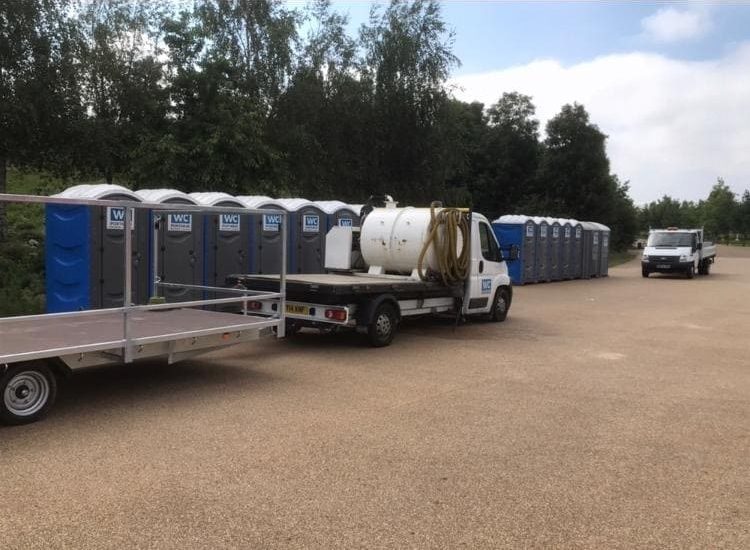We usually refer to toilets in several appealing and mild ways. Imagine excusing yourself during a meeting to do a number one or two. You might find it easier to say you’ll need to use the washroom than the toilet. The washroom is a euphemism for a toilet. As it does present the toilet in a subtle and less direct manner. We all know the toilet is where we release liquid and solid waste. But as a washroom, it indicates a place for cleansing and purification.
The origin of washroom
The use of washroom emerged by 1850 in America. This was because people felt awkward saying they were visiting a toilet. In essence, saying “I was washing my hands” was a diplomatic way of avoiding stating the obvious. The obvious in this case is emptying your bowels. When you’ve spent a decent amount of time in the toilet, people will anticipate you’ve been having a poop. This is something many people will find hard to say.
The euphemism of toilets as washrooms
It is easy to conceive of the toilet as a washroom if all you do there is have a shower or wash your hands. This is not always the case as other activities like emptying the bladder or bowels can also occur. On a literal note, a wash is synonymous to clean, cleanse or flush. You can see the relationship between the toilet and the wash. As having a pee or poop could be likened to flushing our systems from unwanted waste.
Urinating as a way of cleansing or washing our system: Releasing liquid waste in the form of urine is very important for human health. The kidneys are known to be key organs in the urinary tract. The two important functions of the kidneys are to filter waste from our blood and generate the capacity to expel the waste. If our kidney fails to execute this crucial function toxins can easily develop in our body and lead to infection or chronic sickness. Kidneys are believed to regulate the acid-base balance level in our body and maintain fluids
Flushing faeces from our body: Poop or faeces are the leftovers of food that bacteria have degenerated in the gut and that our small intestine is unable to digest. Faeces contain about 75% of the water on the average and a large amount of bacteria biomass. Some of these bacteria are alive and others dead. The other components of faces are undigested carbohydrates, protein, fat, fibre and dead cells. We need to cleanse our system by regularly releasing the unwanted body waste in the form of excrement
Toilets can, therefore, be viewed as washrooms because we flush our system in these units. The cleansing of body range from releasing unwanted waste in the form of urine and faeces. It also includes the washing of our hands after using the facilities or daily contact with others.




